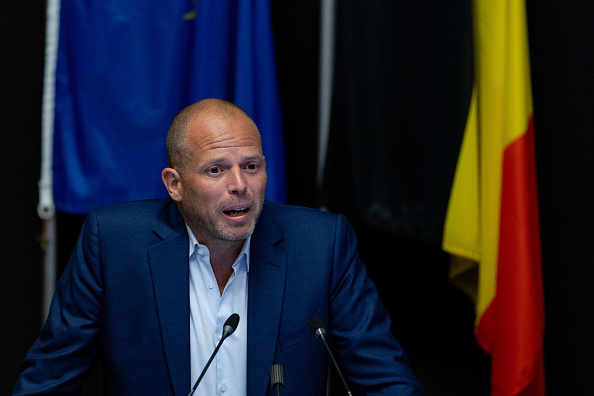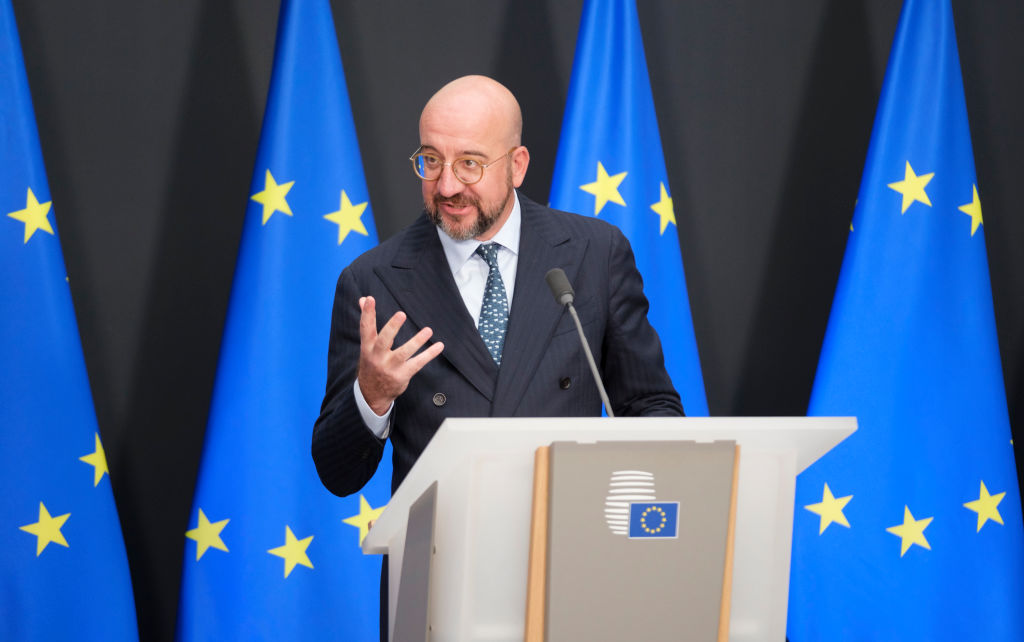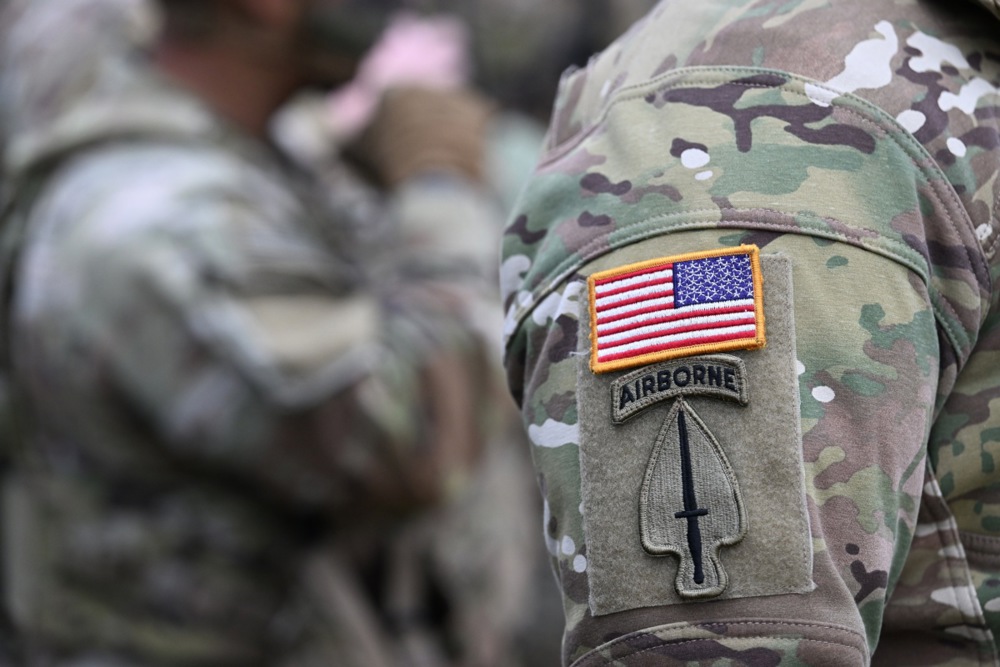All NATO 32 members agreed on an increased defence spending target, reaching 5 per cent of GDP in 10 years.
Following the signing of the deal on June 25, though, Spanish Prime Minister Pedro Sánchez claimed Spain would meet its military demands without all that extra spending.
US President Donald Trump, who had pushed NATO member states to pay a lot more than previously, was not amused by Sánchez’s statements and threatened to sanction Spain economically.
Sánchez said he considered his country’s current defence spending of 2 per cent of GDP “sufficient, realistic and compatible with the welfare state”.
“It’s terrible what Spain has done. They are the only country that won’t pay full up. They want to stay at two per cent. I think it’s terrible,” Trump said at a press conference in The Hague at the close of the NATO summit there.
“You know they are doing very well, their economy is very well. And that economy could be blown right out of the water when something bad happens,” he warned.
“We’re negotiating a trade deal and I will make them pay twice as much. I’m serious about that.”
He accused Spain of being the only country not wanting to pay its share, accusing the administration of taking a “free ride”.
According to the most recent figures, Spain spent 1.28 per cent of GDP on its army, making it the lowest defence spender of the alliance.
BREAKING:
Trump slams Spanish PM Pedro Sanchez for refusing to increase military spending to 5% as all other NATO states have agreed to do
“It's terrible what Spain has done (…) We're negotiating a trade deal & I will make them pay twice as much. I'm serious about that” ???? pic.twitter.com/pgsCCPDYm2
— Visegrád 24 (@visegrad24) June 25, 2025
US Secretary of State Marco Rubio, called Spain “a big problem” and stated that Madrid was “in a very complicated situation” compared to its partners
NATO members wanted to increase defence spending in reply to the perceived growing threat from Russia and the persistent risk of terrorism.
In a official statement published on June 25 and unanimously approved, the allies reaffirmed their “ironclad commitment” to collective defence while setting the ambitious 5 per cent GDP spending goal.
Of that, 3.5 per cent would be in direct defence spending and 1.5 per cent in indirect spending.
Sánchez, though, secured a subtle but significant concession in the final declaration. Diplomats adjusted the wording from “we commit” to “allies commit,” allowing Spain to claim it was not bound by the 5 per cent target.
As well as Trump, Sánchez also angered his European allies with the move, particularly those located closer to Russia including Poland and the Baltic States.
Polish defence minister Władysław Kosiniak-Kamysz called Poland a “model member” and criticised attempts to broaden defence spending definitions, implicitly targeting Spain.
Danish Prime Minister Mette Frederiksen said she did not understand Spain’s stance. “Europe has to defend itself and NATO must be able to defend itself,” she said.
Belgian Prime Minister Bart De Wever noted that the NATO specialists who calculated everything “were not stupid” and sardonically remarked: “It would be great to see how you can fulfil what is calculated with a 3.5 per cent with a 2.1 per cent, as Pedro Sánchez has said.
“If he can do it, he’s a genius. And genius inspires people.”
Belgium has historically been considered a free-rider in NATO circles, with its governments never getting close to the 2 per cent norm. Under the new centre-right government, though, the country has drastically changed course and stepped up its defence spending.
Regarding Spain, Friedrich Merz, Chancellor of Germany, did not go into specifics but stated: “As long as Spain achieves NATO’s objectives and the capability targets set by NATO that Spain aims to meet, it is acceptable for the time being.”
He noted there would be a review in 2029 to see if Spain could meet its commitments.
Sánchez claimed to be a “reliable partner” in NATO. He said that the country “found flexibility within the declaration”, recalling the exchange of letters with NATO Secretary General Mark Rutte and Spain’s “own path” towards compliance with the capacities.
“We know that there is still a lot to do, but we have to spend well and together,” the Spanish PM said. He indicated he wanted to “talk less about percentages of GDP and more about being interoperable to solve the problem of strategic autonomy that we have in Europe”.
NATO pacts were not legally binding but carried significant political weight. For now, the Spain seemed somewhat isolated within the alliance.
“Prestige is very difficult to gain and you lose it in two minutes,” a senior commander of the Spanish Armed Forces told Spanish newspaper ABC.
Spain’s ruling Spanish Socialist Workers’ Party has been rocked by a serious internal corruption scandal. https://t.co/Spllb5F0dA
— Brussels Signal (@brusselssignal) June 13, 2025





